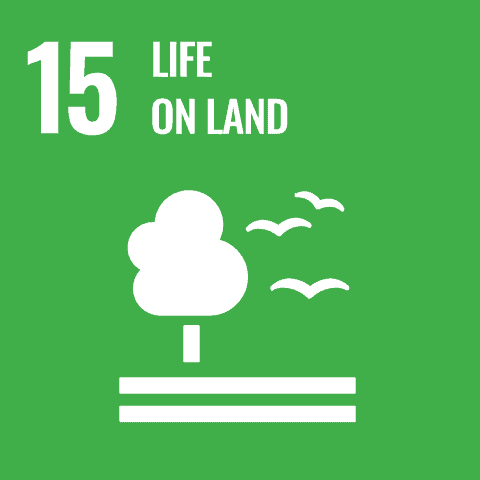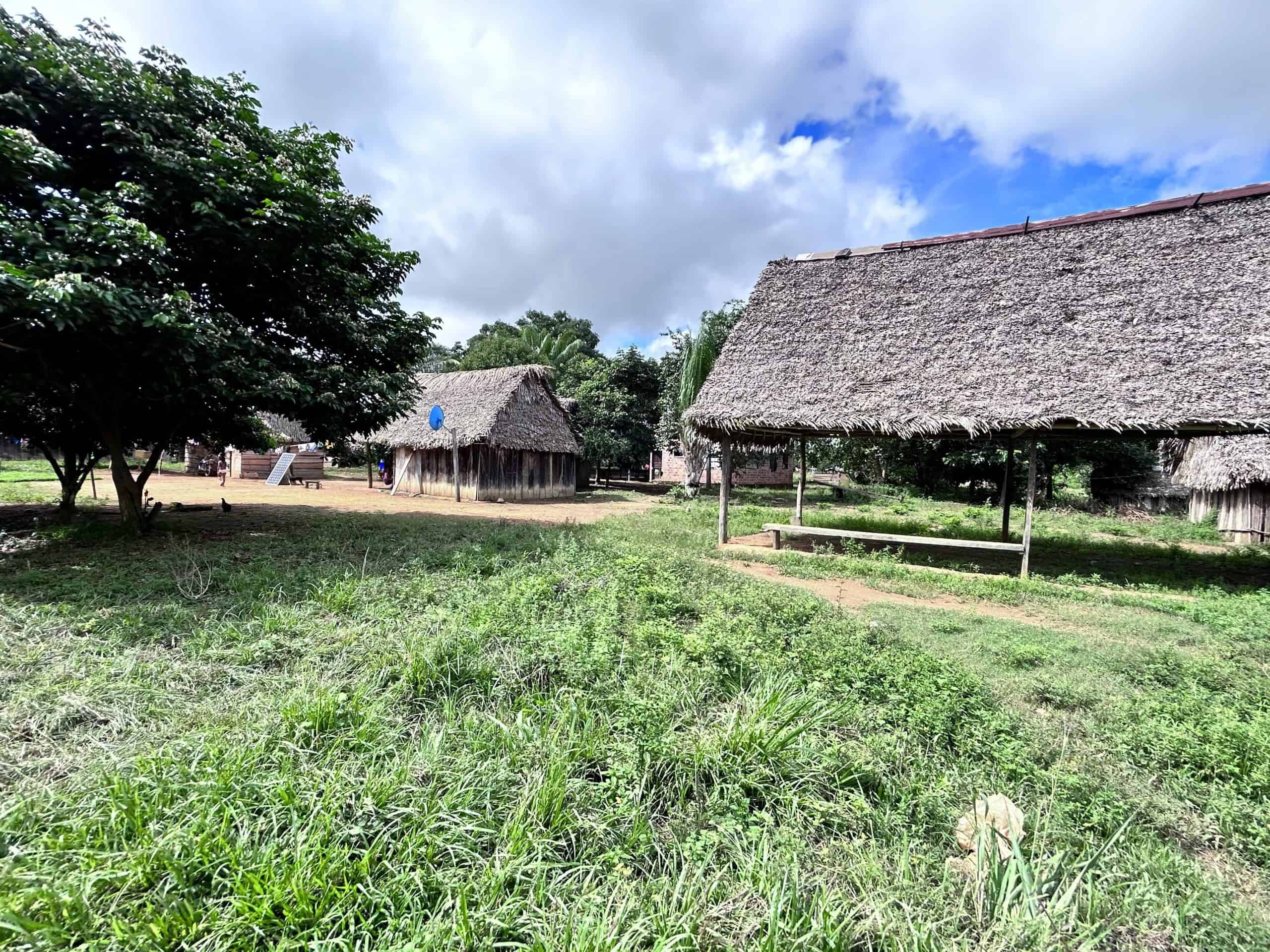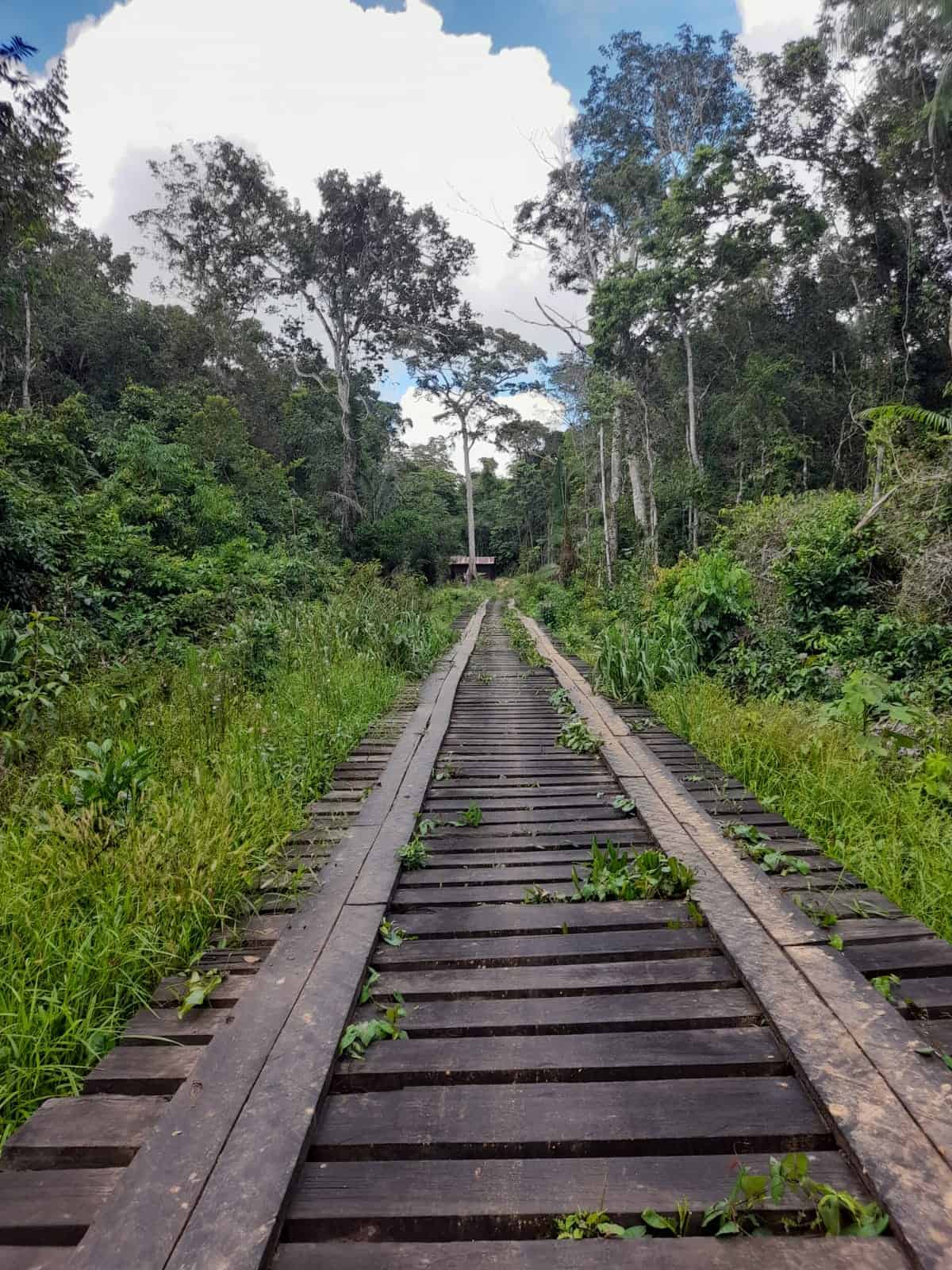
SDG 15 focuses on conserving life on land. One of the key elements of this is preventing biodiversity loss. Biodiversity is facing a crisis with threats from habitat loss and pesticide usage. The decline of insects, which are essential for ecosystem balance and global food systems, is largely attributed to intensive farming practices.
To combat this, as an Organic certified company, we encourage organic farming and recognise the impact that this plays in safeguarding ecosystems. Organic farming aims to achieve ecological balance through practices like crop rotations and organic fertilisers.
In addition to the positive impact on biodiversity, organic farms also contribute to lower emissions, less energy usage, storing more carbon, and a lower risk of pollution in soils and waterways. It is reported that organic farmland can store up to 25% more carbon than non-organic equivalents and that artificial fertilisers used in non-organic farming consume 3-5% of all global natural gas.
As part of our Turkish organic shared future project, growers are provided with training from Agronomists to learn about optimum soil conditions and alternative techniques to maximise yields without pesticides.
We believe that organic farming directly contributes to SDG 15’s aim of conserving terrestrial life by mitigating the threats that endanger biodiversity and ecosystems.
Find out more at https://sdgs.un.org/


